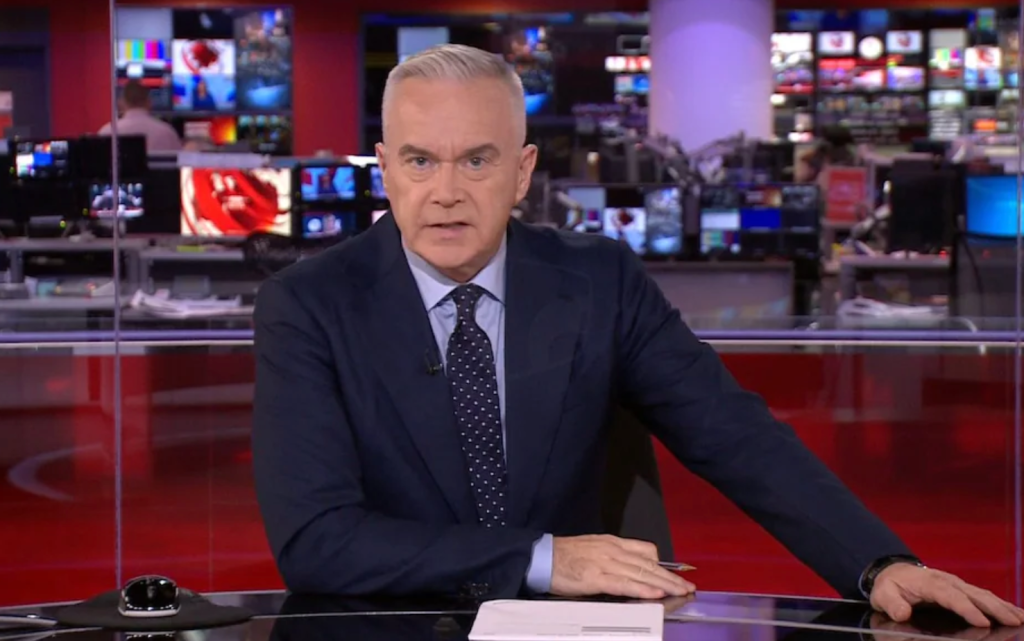
Journalists and other personnel at BBC News remain divided over the organisation’s treatment of the story concerning its most senior news anchor Huw Edwards – identified on Wednesday as the presenter at the centre of allegations of spending thousands of pounds on sexual pictures.
The Times of London reports concerns within the building that one BBC news presenter, Victoria Derbyshire, had been making enquiries about the alleged behaviour of another senior presenter, in the days before the scandal came to light. Derbyshire went on to break a story on daily current affairs show Newsnight that three BBC staffers (current and past) had accused Edwards of sending them inappropriate messages.
The Times quotes another unnamed presenter saying, “I felt like it was more of an HR thing than a story.”
However, a Newsnight source defended the editorial decisions, telling the paper:
“Whenever there’s a story about the BBC we bend over backwards to prove that we’re independent. It was a big story. Anyone who does investigations has to accept that you may well damage someone’s life or ruin their career. That is the price you pay.”
The turmoil within the BBC reflects differing opinions beyond its walls, with high-profile former presenters all sharing their thoughts.
Former BBC News US Editor Jon Sopel asked this week:
“A BBC news presenter using BBC resources to investigate another BBC news presenter. Does it get any weirder or madder?”
Sopel had previously questioned the decision to identify Edwards (although it was Edwards’ wife who released a statement confirming it was him, and that he was in hospital). Sopel wrote on social media:
“This is an awful and shocking episode, where there was no criminality, but perhaps a complicated private life. That doesn’t feel very private now.”
However, another former correspondent Danny Shaw, wrote in The Spectator that Edwards, due to his high-profile status, is a British public figure. He wrote:
“The idea that the BBC could not reveal that he had been suspended due to a ‘very serious’ complaint, which at one point was being assessed by two police forces and later sparked further allegations, is frankly ridiculous — and stretches the notion of privacy rights beyond breaking point.”













